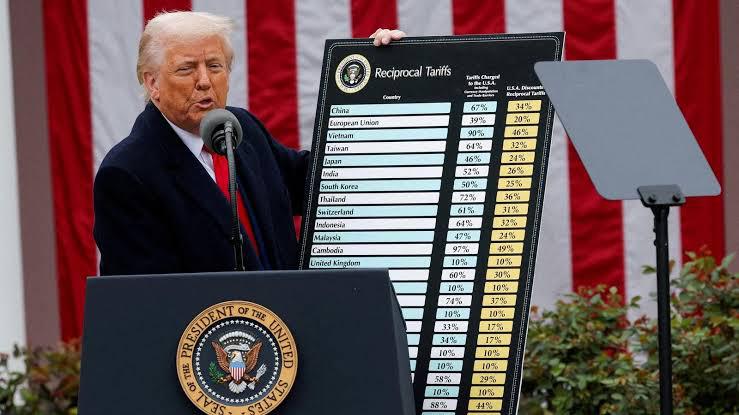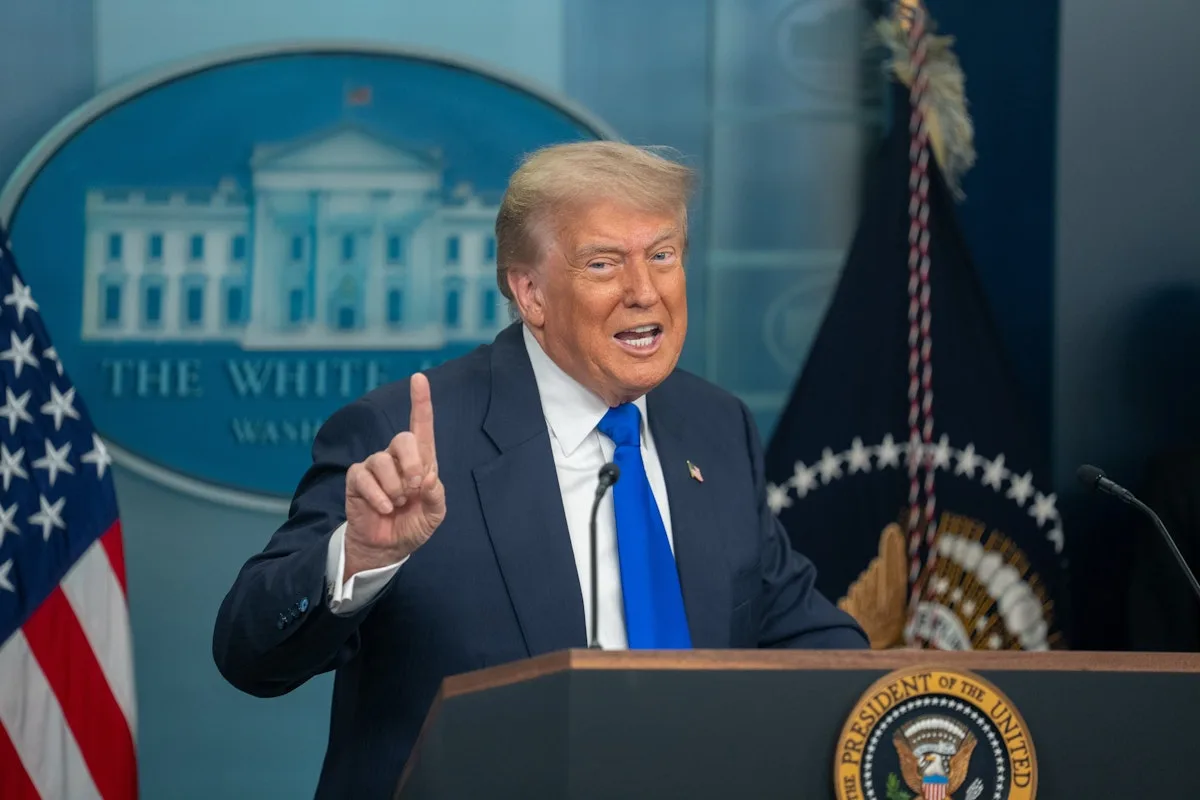The United States will reimpose sweeping tariffs on a range of countries starting 1 August unless new trade agreements are reached, Treasury Secretary Scott Bessent confirmed on Sunday.
Speaking to CNN, Bessent reiterated President Donald Trump’s earlier statements that punitive tariffs—originally announced in April—would come into force unless major trading partners, including the European Union and Taiwan, finalise deals with Washington.
Bessent stated that, without such agreements, tariffs would “boomerang back” to the significantly higher levels initially outlined by Trump on April 2. While the president had temporarily suspended the levies to allow time for negotiations, a July 9 deadline was set for countries to reach settlements.
On Friday, Trump told journalists aboard Air Force One that he had prepared 12 letters to notify countries of the incoming tariffs, saying they would likely be dispatched on Monday. “I’ll probably start them on August 1,” he remarked, adding, “That’s pretty early, right?”
Under the original plan, the US imposed a 10 percent duty on imports from nearly all trading partners, with the intention of escalating rates for certain nations soon after. However, the White House paused those increases in April to provide room for talks.
Since then, the US has struck deals with the UK and Vietnam, and reached an interim agreement with China to reduce some of the steep tariffs both countries had imposed on one another.
Bessent suggested additional announcements were imminent. “We’re close to several deals. I expect some major news in the next few days,” he said, without naming specific countries. “I don’t want to let them off the hook.”

With the July 9 deadline looming, Trump has emphasised that he prefers to send written notices rather than engage in complex negotiations with each country. “This is what you have to pay if you want to do business with the United States,” Trump said Friday.
CNN presenter Dana Bash questioned whether the administration’s approach amounted to strong-arm tactics rather than genuine negotiations, but Bessent rejected that characterisation. He insisted the August 1 date was not a new deadline but simply the implementation date for the tariffs.
“We’re saying: this is when it’s happening. If countries want to act faster, great. If they don’t, they’ll go back to the old, higher rates,” Bessent explained.
He described the administration’s strategy as one of “maximum pressure”, highlighting progress with the EU in particular. “They were slow to get moving, but now we’re making very good progress,” he added.
EU and US negotiators were holding last-minute talks over the weekend, and France’s finance minister expressed hope on Saturday that a deal could be struck soon.
However, resistance remains elsewhere. Japanese Prime Minister Shigeru Ishiba stated on Sunday that his country would not easily yield in talks with Washington. Meanwhile, leaders of the BRICS bloc, meeting in Rio de Janeiro, were expected to denounce the tariffs, arguing they violate international trade rules and pose a threat to the global economy.


 Trending
Trending 